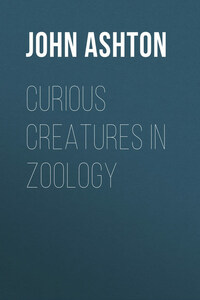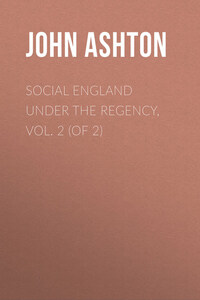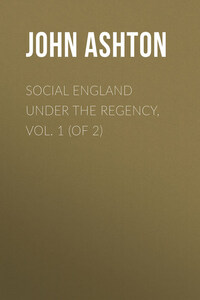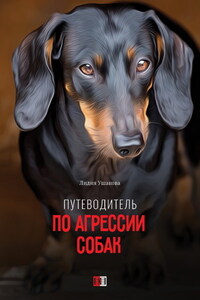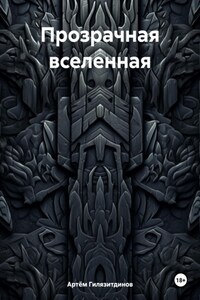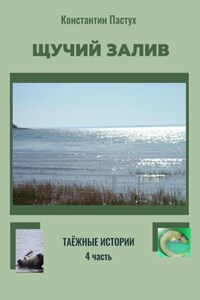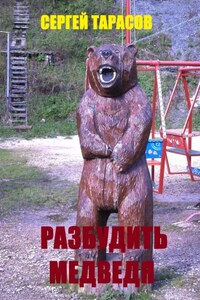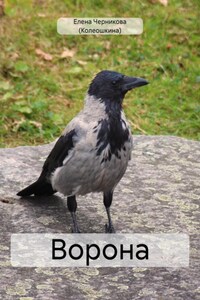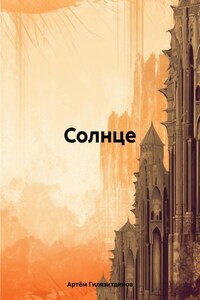PREFACE
“Travellers see strange things,” more especially when their writing about, or delineation of, them is not put under the microscope of modern scientific examination. Our ancestors were content with what was given them, and being, as a rule, a stay-at-home race, they could not confute the stories they read in books. That age of faith must have had its comforts, for no man could deny the truth of what he was told. But now that modern travel has subdued the globe, and inquisitive strangers have poked their noses into every portion of the world, “the old order changeth, giving place to new,” and, gradually, the old stories are forgotten.
It is to rescue some of them from the oblivion into which they were fast falling, that I have written, or compiled, this book. I say compiled it, for I am fonder of letting old authors tell their stories in their old-fashioned language, than to paraphrase it, and usurp the credit of their writings, as is too much the mode now-a-days.
It is not given to every one to be able to consult the old Naturalists; and, besides, most of them are written in Latin, and to read them through is partly unprofitable work, as they copy so largely one from another. But, for the general reader, selections can be made, and, if assisted by accurate reproductions of the very quaint wood engravings, a book may be produced which, I venture to think, will not prove tiring, even to a superficial reader.
Perhaps the greatest wonders of the creation, and the strangest forms of being, have been met with in the sea; and as people who only occasionally saw them were not draughtsmen, but had to describe the monsters they had seen on their return to land, their effigies came to be exceedingly marvellous, and unlike the originals. The Northern Ocean, especially, was their abode, and, among the Northern nations, tales of Kraken, Sea-Serpents, Whirlpools, Mermen, &c., &c., lingered long after they were received with doubt by other nations; but perhaps the most credulous times were the fourteenth and fifteenth centuries, when no travellers’ tales seem too gross for belief, as can well be seen in the extreme popularity, throughout all Europe, of the “Voyages and Travels of Sir John Maundeville,” who, though he may be a myth, and his so-called writings a compilation, yet that compilation represented the sum of knowledge, both of Geography, and Natural History, of countries not European, that was attainable in the first half of the fourteenth century.
All the old Naturalists copied from one another, and thus compiled their writings. Pliny took from Aristotle, others quote Pliny, and so on; but it was reserved for the age of printing to render their writings available to the many, as well as to represent the creatures they describe by pictures (“the books of the unlearned”), which add so much piquancy to the text.
Mine is not a learned disquisition. It is simply a collection of zoological curiosities, put together to suit the popular taste of to-day, and as such only should it be critically judged.
Let us commence our researches into curious Zoology with the noblest of created beings, Man; and, if we may believe Darwin, he must have gone through many phases, and gradual mutations, before he arrived at his present proud position of Master and Conqueror of the World.
This philosopher does not assign a high place in the animal creation to proud man’s protogenitor, and we ought almost to feel thankful to him for not going further back. He begins with man as an Ascidian, which is the lowest form of anything of a vertebrate character, with which we are acquainted; and he says thus, in his “Descent of Man”: —
“The most ancient progenitors in the kingdom of the Vertebrata, at which we are able to obtain an obscure glance, apparently consisted of a group of marine animals, resembling the larvæ of existing Ascidians. These animals probably gave rise to a group of fishes, as lowly organised as the lancelet; and from these the Ganoids, and other fishes like the Lepidosiren, must have been developed. From such fish a very small advance would carry us on to the amphibians. We see that birds and reptiles were once intimately connected together; and the Monotremata now, in a slight degree, connect mammals with reptiles. But no one can, at present, say by what line of descent the three higher, and related classes – namely, mammals, birds, and reptiles, were derived from either of the two lower vertebrate classes, namely, amphibians, and fishes. In the class of mammals the steps are not difficult to conceive which led from the ancient Monotremata to the ancient Marsupials; and from these to the early progenitors of the placental mammals. We may thus ascend to the Lemuridæ; and the interval is not wide from these to the Simiadæ. The Simiadæ then branched off into two great stems, the New World, and Old World monkeys; and from the latter, at a remote period, Man, the wonder and glory of the Universe, proceeded.”
